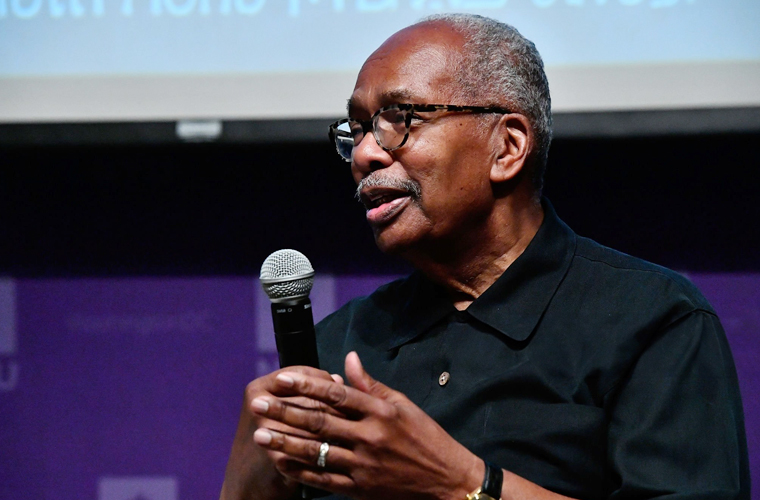Ernest Green, an influential figure in the field of education, has left an indelible mark on the American education system. With his unwavering dedication and commitment to equal opportunities for all students, Green has played a pivotal role in shaping the landscape of education in the United States. Born on September 22, 1941, in Little Rock, Arkansas, Green grew up during a time of immense racial segregation and inequality. However, he refused to let these barriers hinder his pursuit of knowledge and excellence. Green’s early experiences with discrimination fueled his determination to create a more inclusive and equitable educational system.
Green’s most notable contribution to education came during the historic Little Rock Nine event in 1957. As one of the nine African American students chosen to integrate Little Rock Central High School, Green faced immense adversity and hostility. Despite the numerous challenges and threats he encountered, Green persevered and became the first African-American student to graduate from the school in 1958.
This landmark event not only symbolized a significant victory for the Civil Rights Movement but also propelled Green into the forefront of the fight for equal education. His courage and resilience inspired countless individuals across the nation, and he became a symbol of hope and progress. After graduating from high school, Green continued his educational journey at Michigan State University, where he earned a Bachelor of Arts degree in Social Science. He furthered his studies at the University of Michigan, obtaining a Master’s degree in Sociology. Armed with a strong academic background, Green embarked on a career dedicated to transforming the educational landscape.









Throughout his career, Green held various leadership positions in the field of education. He served as Assistant Secretary of Labor under President Jimmy Carter, where he focused on issues related to employment and training. Green’s expertise and insights were instrumental in shaping policies aimed at bridging the education and workforce gap. In addition to his government service, Green also worked as an executive for several prominent organizations, including Lehman Brothers and J.P. Morgan. His business acumen allowed him to bring a unique perspective to the field of education, emphasizing the importance of financial literacy and economic empowerment for students.
Green’s contributions to education extend beyond his professional endeavors. He has been actively involved in numerous educational initiatives and organizations that strive to address disparities in access to quality education. Through his philanthropic efforts, Green has supported scholarships, mentorship programs, and educational resources for underserved communities. Today, at the age of 80, Ernest Green continues to be a tireless advocate for educational equity. His unwavering commitment to creating opportunities for all students serves as an inspiration to educators, policymakers, and individuals alike. Green’s legacy reminds us that education is not just a pathway to success; it is a fundamental right that should be accessible to every individual, regardless of their background or circumstances.
In conclusion, Ernest Green’s remarkable journey from a young student facing discrimination to a trailblazer in education exemplifies the power of determination and resilience. His contributions have had a profound impact on the American education system, paving the way for a more inclusive and equitable future. Ernest Green’s legacy will continue to inspire generations to come as we strive toward a society where every student has an equal opportunity to succeed.

